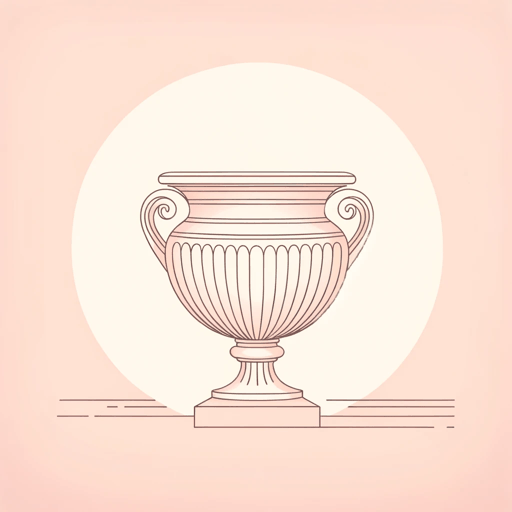18 pages • 36 minutes read
John KeatsOde on a Grecian Urn
Fiction | Poem | Adult | Published in 1820A modern alternative to SparkNotes and CliffsNotes, SuperSummary offers high-quality Study Guides with detailed chapter summaries and analysis of major themes, characters, and more.
Symbols & Motifs
The Urn
Many religions believe the body returns to dust as the spirit floats to God, and Greek urns are associated with death since they were often used to hold a deceased’s ashes. It is unknown if the urn of Keats’s poem was a burial urn, but like a solitary testament to life and death, the urn is silent, motionless, made of cold materials. The urn itself symbolizes the intertwining of life and death. In one scene, the urn’s etchings depict life and vitality. Images rooted in plant-life help shape the vitality of the moment as the speaker reflects that one scene on the urn tells “A flowery tale” (Line 4) and “leaf-ring’d legend” (Line 5). The poet imagines music filling the scene (Line 10), as “ye soft pipes, play on” (Line 12). The romantic scene conveys youth, one in which love and youth are undying: “For ever wilt though love, and she be fair!” (Line 20).
Contrasting this vibrant and joyful depiction of passionate youth, the second depiction portrays a priest preparing to sacrifice a cow. The poet opens the stanza with the question “Who are these coming to the sacrifice?” (Line 31), wondering about the anonymous, ancient villagers. Life and death further intertwine, since in the following line a “green altar” (Line 32) appears as well as a “mysterious priest” (Line 32).
Related Titles
By John Keats
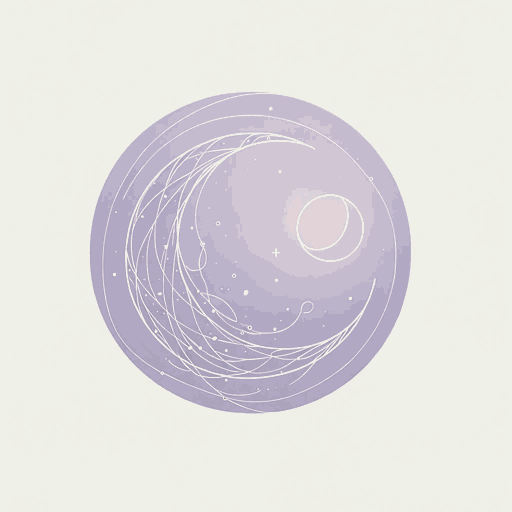
Endymion: A Poetic Romance
John Keats
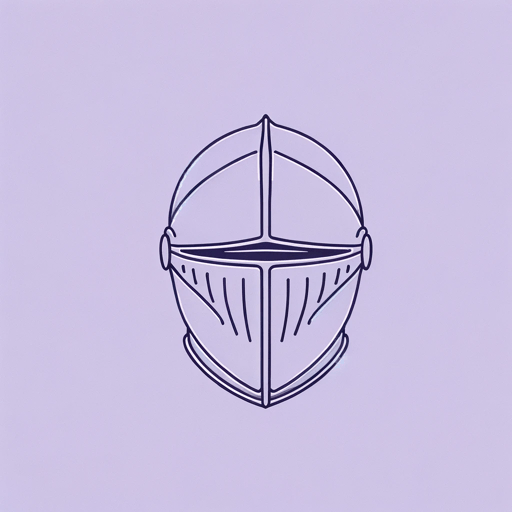
La Belle Dame sans Merci
John Keats
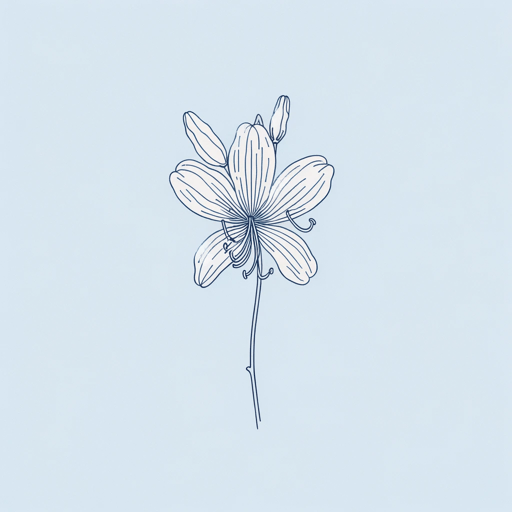
Meg Merrilies
John Keats
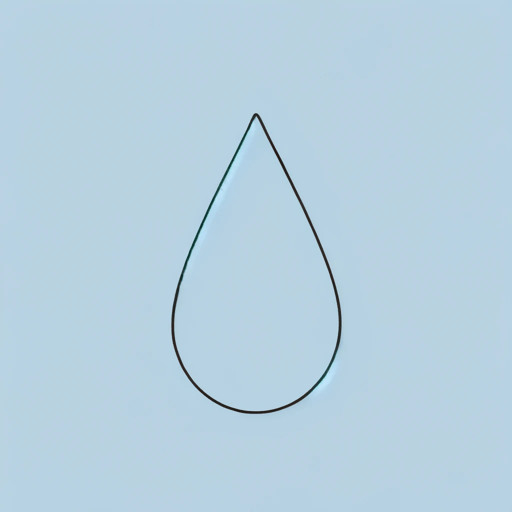
Ode on Melancholy
John Keats
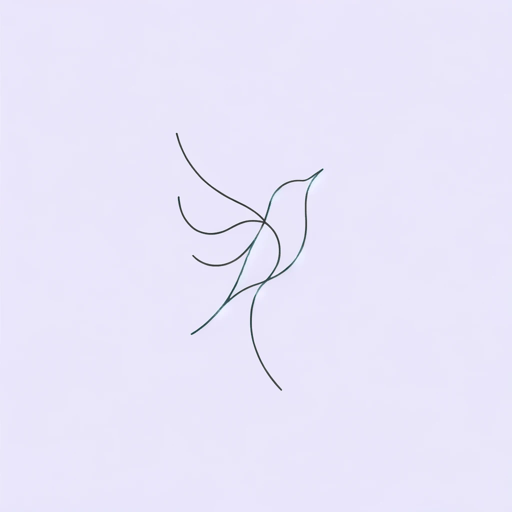
Ode to a Nightingale
John Keats
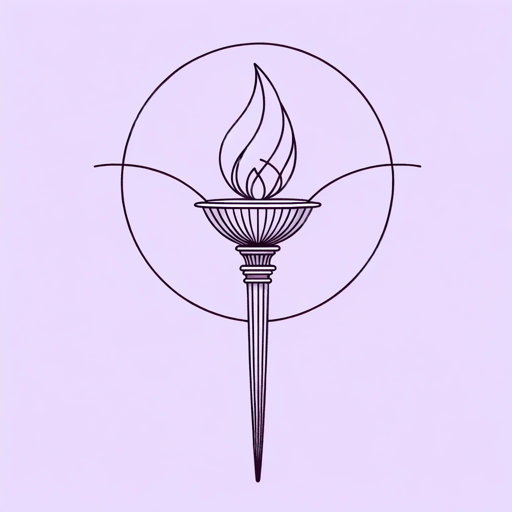
Ode to Psyche
John Keats
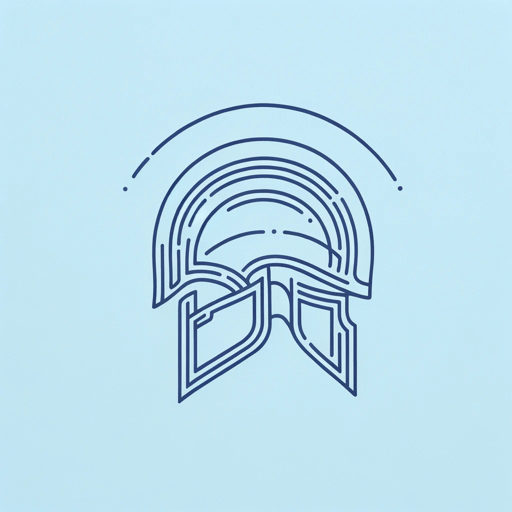
On First Looking into Chapman's Homer
John Keats
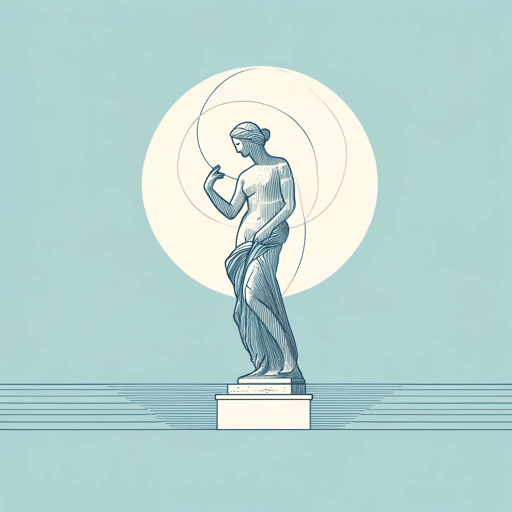
On Seeing the Elgin Marbles
John Keats
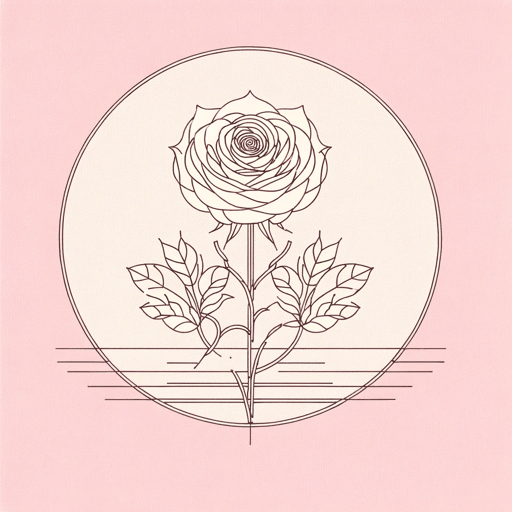
The Eve of St. Agnes
John Keats
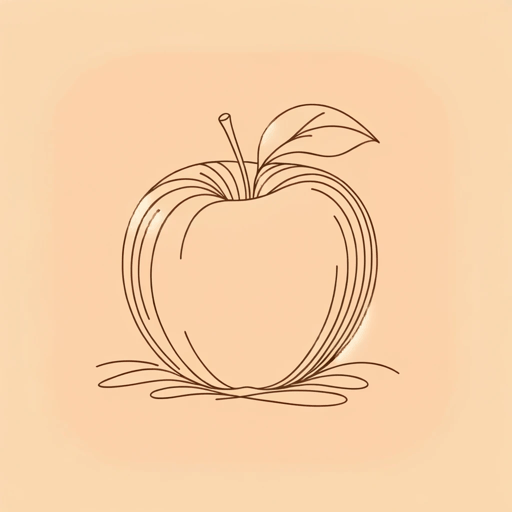
To Autumn
John Keats
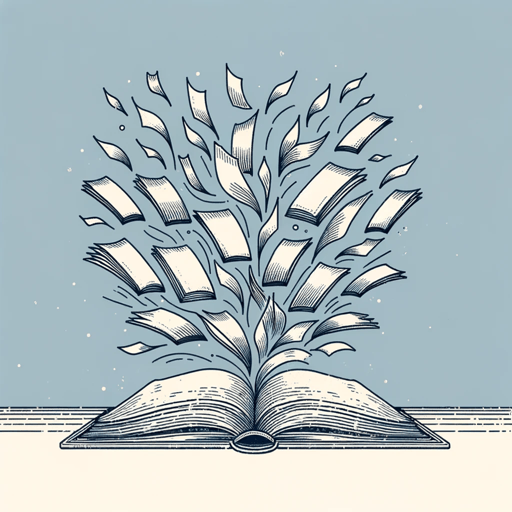
When I Have Fears That I May Cease to Be
John Keats
